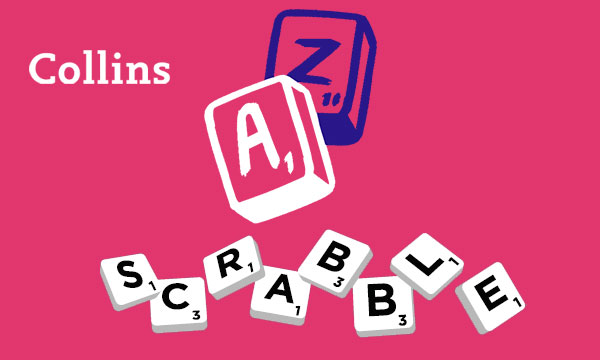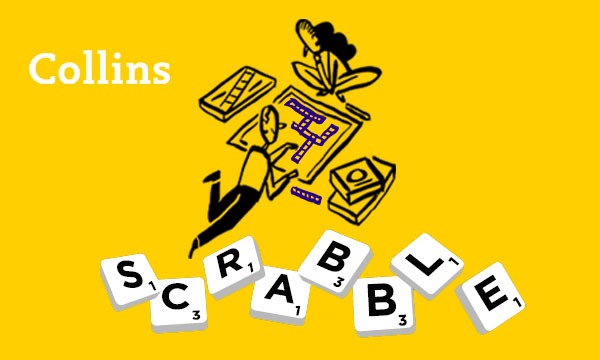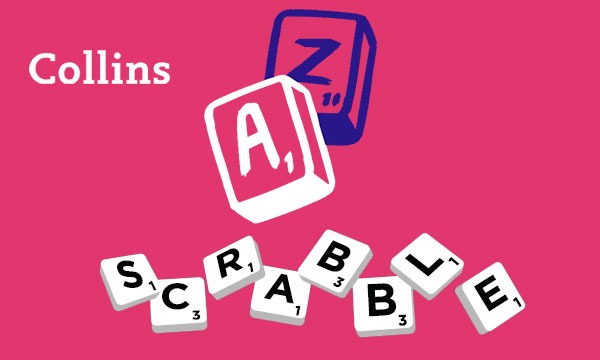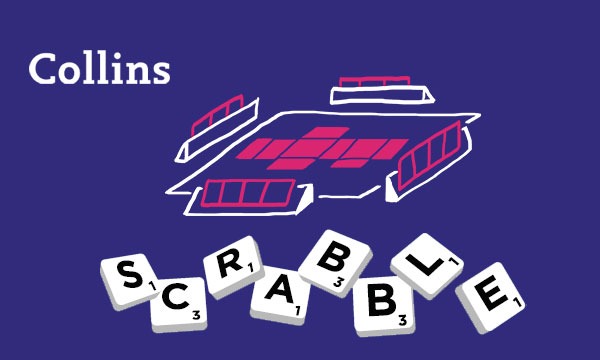It can be useful to hold on to the one-point tiles AEIOU and LNRST as these are the commonest letters and therefore the ones which are most likely to form a bonus word.
But you must resist just blindly putting any of those letters to one side of your rack and holding on to them grimly, come what may. As you get more of them, you are playing with fewer and fewer tiles until you get your bonus, and almost certainly getting low scores.
So try to keep scoring at the same time as knocking your rack into shape. With, say, an A, an I, an N or an R, don’t be afraid to play it to help you get a decent score, especially if there are a few of them still to come. Even the better letters like E or S can be worth playing to keep your score moving along. Only the blank should definitely be kept for a bonus or other high-scoring move.
Early on and in the middle of the game, you should very seldom be scoring less than about ten for a move. Only a dire shortage of either vowels or consonants, or perhaps getting rid of real rack-spoilers like three of the same letter, should cause you to score so low. And unless it’s a move that lets you play more or less exactly the tiles you would want to get rid of, you may be better to change.
From the second move of the game onwards, most players’ instinct is to play crosswise; that is, to play at right angles to a word already on the board, using a letter in that word.
However, it’s often better to look for a parallel play. If a word has been played horizontally on the board, try to play another horizontal word in the row above or below, using the two-letter words to do so. In a following move you might be able to do the same again, turning some of the two-letter words into threes.
This way, you score not just for the main word you make, but add in the score for the twos and threes as well. Of course if a word has been played vertically, you can do the same thing by playing in the columns to the left or right.
If you do this, the tiles end up looking like solid blocks on the board, which has the added benefit for both players of making better use of the board’s limited space. This helps prevent the game from becoming blocked, which allows you to play good words for longer and makes the game more fun!
By Barry Grossman
Barry is a leading UK Scrabble player and winner of several tournaments. He is the author of Scrabble for Beginners (Chambers), Need to Know Scrabble, Scrabble – Play to Win and The Little Book of Scrabble Trickster. He has also contributed to numerous other books on the subject of words and word-games, has been a series champion of Channel 4’s Countdown, and has written four comedy series for BBC Radio 4. He lives in Hertford.
All opinions expressed on this blog are those of the individual writers, and do not necessarily reflect the opinions or policies of Collins, or its parent company, HarperCollins.



